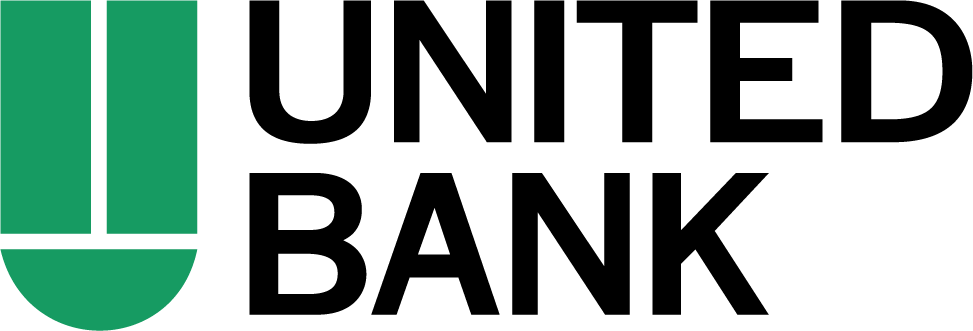Many women feel that they face both monetary and non-monetary investment barriers. Less discretionary income is an unfortunate monetary obstacle that women face, while lack of time, lack of confidence, and a perceived lack of access to investment knowledge are all non-monetary obstacles standing in their way.
First and foremost, as a result of the wage gap, women have significantly less discretionary income left to invest, thus making their budget much tighter and their resources to invest smaller. But not only that, women that are balancing career, household, familial duties and so on, tend to have less time on their hands. This lack of time leaves women feeling like investing is not conducive to their lives. This is also a contributing factor as to why women have less confidence when it comes to investing, because they feel they lack the ‘time’ it takes to research investments and understand the options available to them.
However, there are many different resources available that are geared towards women and a woman’s specific financial situation that can help alleviate many of the perceived barriers they face.


